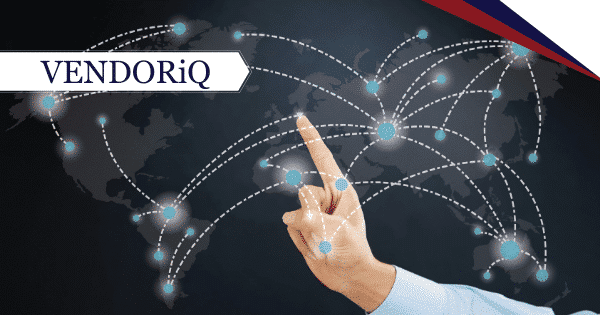Why It’s Important
The recent upheaval at OpenAI brings to light critical issues that can resonate across the technology industry, particularly in organisations prioritising innovation alongside governance and ethical considerations. Here are key aspects extracted from the IBRS analysis that underscore the broader implications:
- Governance and Transparency
The fact that the OpenAI board was kept uninformed about major developments such as the ChatGPT launch, points to severe lapses in governance. Effective governance in companies, especially those at the forefront of leveraging AI, requires transparent and timely communication. Lack of transparency can undermine trust and inhibit the board’s ability to provide necessary oversight. Governance frameworks should ensure that all board members are equally informed and involved in critical decisions. - Leadership Accountability
The revelations about CEO Sam Altman’s concealment of key information, including enforcing non-disparagement agreements to claw back equity, raise significant concerns about leadership ethics and accountability. For any organisation, especially in the tech sector, the integrity of its leaders is paramount as it directly affects the company’s reputation and internal culture. Despite leaked documents suggesting otherwise, claims that Altman was unaware of the equity clawback provision exacerbate these concerns, highlighting the need for robust accountability mechanisms. - Safety and Ethical AI Development
Ethical AI development mandates that safety and societal impact are considered paramount. Organisations looking to leverage AI extensively should consider independent oversight to ensure unbiased safety evaluations aligning to the ‘do no harm’ mandate exposed by most AI governance policies. - Data Practices and Privacy Concerns
OpenAI’s training practices, which included using over a million hours of YouTube videos for its GPT-4 model, and content harvesting from known pirate sites, raise questions about data privacy, copyright and usage transparency. Organisations leveraging vast datasets for AI development must prioritise ethical data sourcing and transparency about their practices. Missteps in this area can lead to significant public relations issues, legal challenges, and erosion of public trust.
In sum, the challenges faced by OpenAI underscore the increased need for balanced growth strategies that equally weigh innovation, governance, accountability, and ethical considerations. These insights are critical for stakeholders within similar organisations navigating the rapidly evolving landscape of AI technology.
Who is Impacted?
- Corporate governance officers
- Chief data officers (CDOs)
- AI and machine learning ethicists
What’s Next?
- Review and strengthen governance frameworks to ensure transparency and involvement of all board members in critical decisions.
- Implement robust accountability mechanisms to ensure leadership integrity and ethical conduct.
- Form independent safety and ethical review boards to oversee AI development, ensuring unbiased assessment and prioritisation of ethical considerations.
- Reassess data sourcing practices to ensure compliance with privacy laws and maintain transparency with stakeholders.


